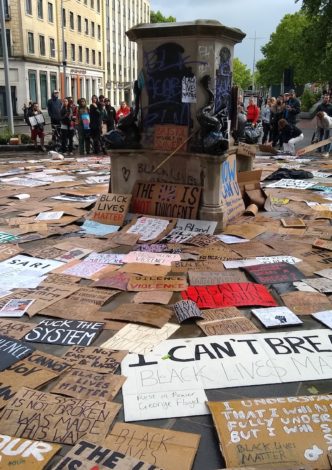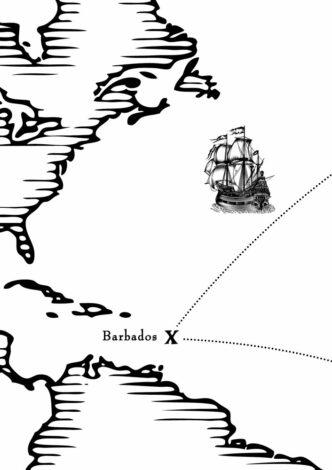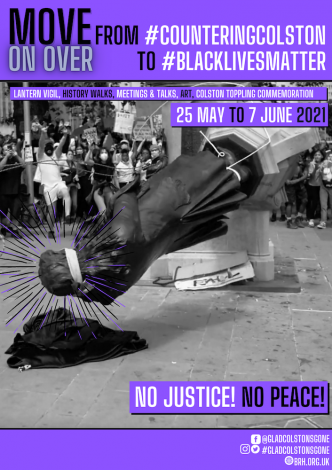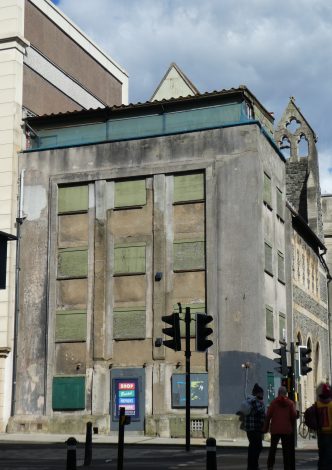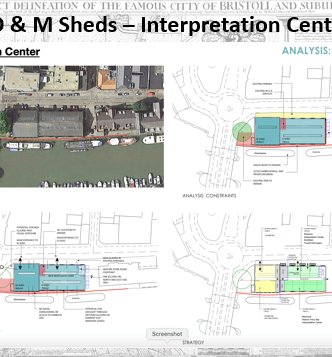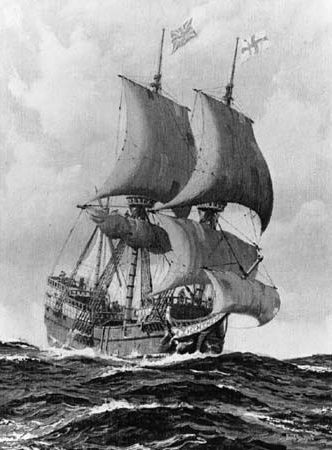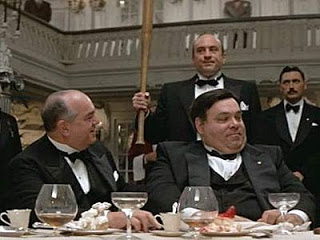Edward Colston: A century of dissent and protest
Introduction During the furore about the renaming of the Colston Hall in 2017 a number of angry letter-writers to the Bristol Post claimed that the recent protests over Edward Colston were merely a ‘flash in the pan’ and a product of ‘woke’, faddist politics propagated by people from outside Bristol. This attempt to reduce the actions of groups and movements like Countering Colston and Black Lives Matter to a particular historical moment whilst the great weight of a supposed ‘tradition’, such as […]


